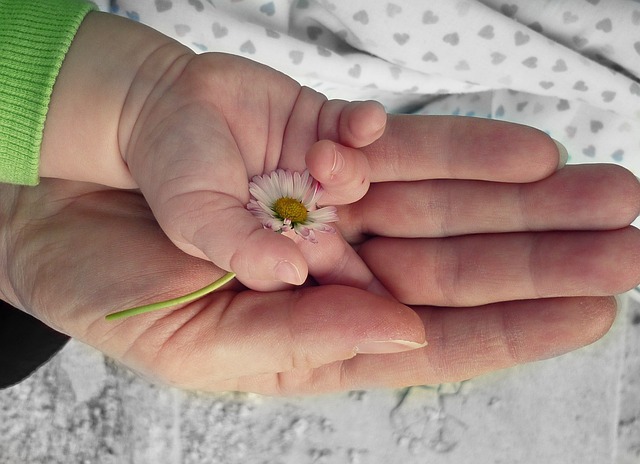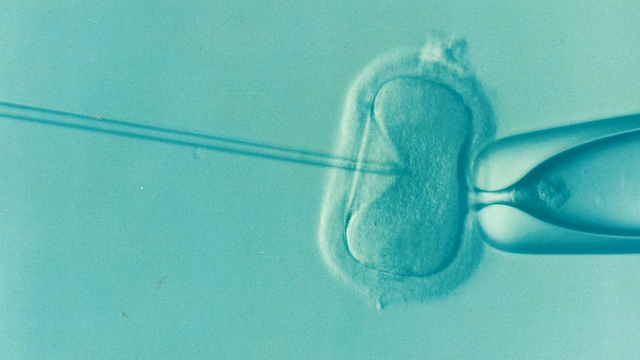Introduction:
Embarking on the journey of In Vitro Fertilization (IVF) is often a hopeful step for individuals or couples facing infertility. However, the reality is that success is not guaranteed, and the emotional toll of unsuccessful IVF attempts can be challenging. In this article, we’ll explore the emotional aspects of facing the possibility that IVF may not work and offer guidance on coping with the disappointment.
Acknowledging the Emotions:
Experiencing the news that IVF hasn’t worked can evoke a range of emotions, including grief, frustration, and sadness. It’s important to acknowledge and allow oneself to feel these emotions as a natural part of the process. Seeking support from loved ones or a counselor can provide a space to express and process these feelings.
Realistic Expectations:
While IVF has helped many individuals and couples achieve their dream of parenthood, it’s essential to approach the process with realistic expectations. Understanding that success is not guaranteed and that multiple attempts may be necessary can help individuals manage potential disappointment.
Exploring Alternative Paths:
If IVF doesn’t yield the desired outcome, it’s crucial to explore alternative paths to parenthood. This may include considering adoption, surrogacy, or other assisted reproductive technologies. Being open to different options allows individuals and couples to continue their journey toward building a family in a way that feels right for them.
Seeking Professional Guidance:
Fertility specialists and counselors experienced in reproductive health can offer valuable insights and support during the difficult time of unsuccessful IVF. They can guide potential reasons for the lack of success and help individuals navigate alternative paths.
Taking a Break:
The emotional toll of unsuccessful IVF attempts can be exhausting. Taking a break from fertility treatments allows individuals to focus on self-care, both physically and emotionally. Engaging in activities that bring joy, relaxation, and a sense of well-being can be rejuvenating during this time.
Connecting with Others:
Sharing experiences with others who have gone through similar challenges can provide a sense of community and understanding. Joining support groups or online forums can be a source of comfort and shared wisdom, offering perspectives and coping strategies.
Reassessing Priorities:
Unsuccessful IVF attempts may prompt individuals or couples to reassess their priorities and goals. This could involve focusing on personal growth, career aspirations, or other aspects of life that may have taken a back seat during the fertility journey.
Conclusion:
Facing the reality that IVF may not work can be a deeply emotional and challenging experience. However, by acknowledging emotions, seeking support, exploring alternative paths, and taking a holistic approach to well-being, individuals and couples can navigate this difficult terrain and find hope and fulfillment in alternative avenues to parenthood.



